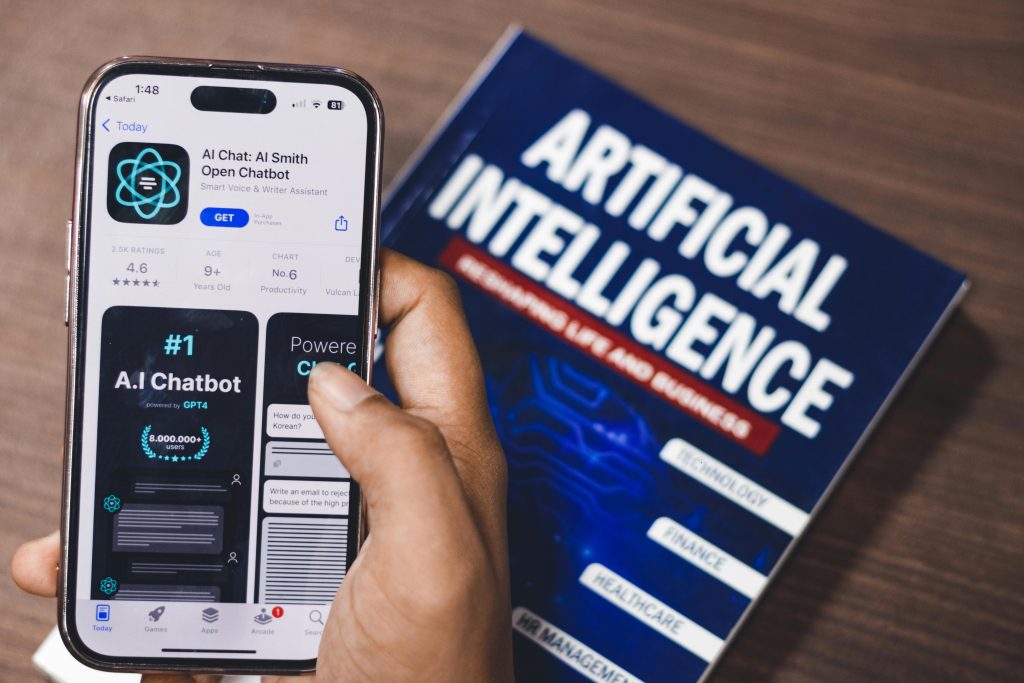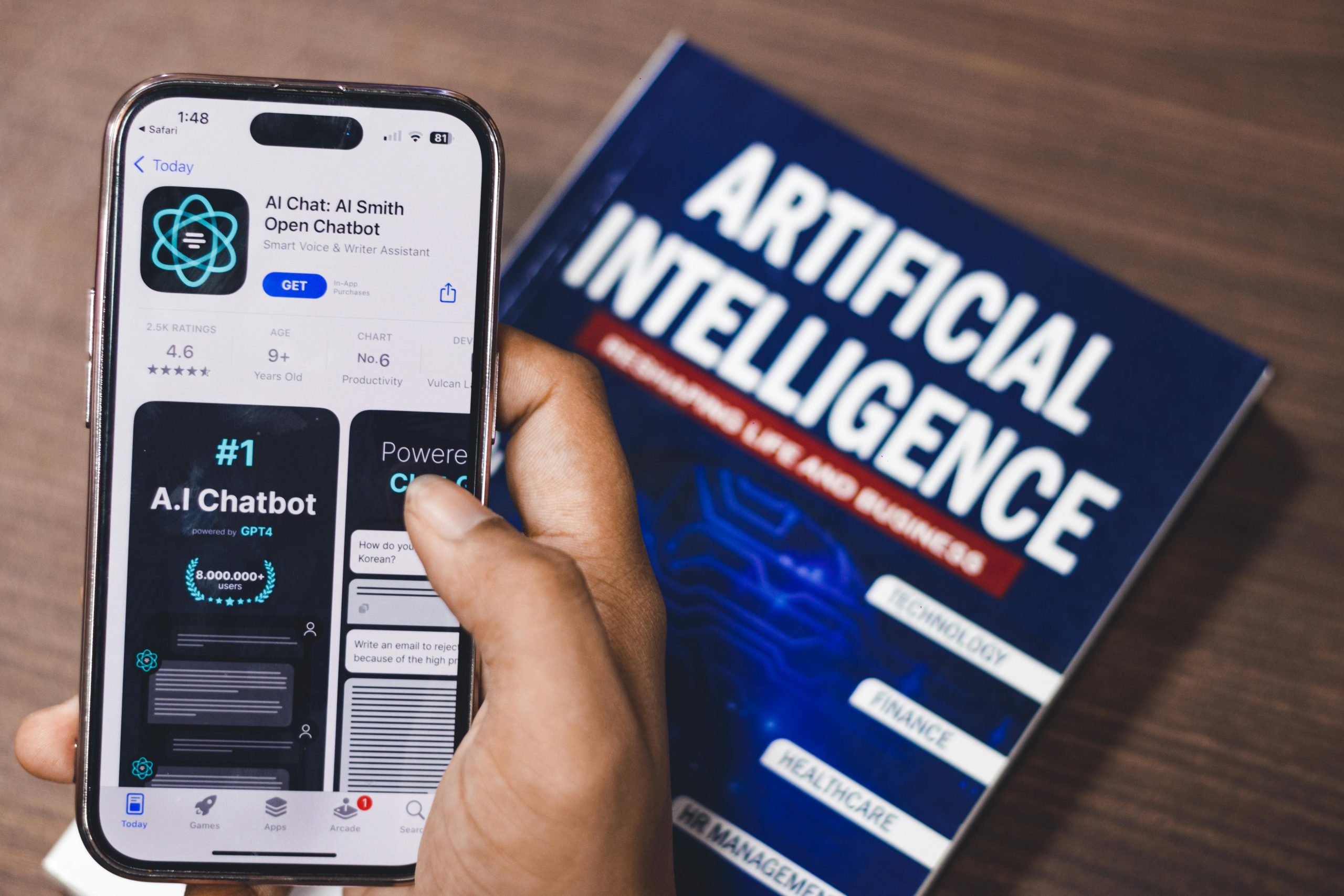
Author: Chioma Alaedu
Artificial Intelligence (AI) and Machine Learning (ML) are increasingly important in changing global industries, and Africa is no exception. While still developing, Africa’s challenges and opportunities make it a fertile ground for AI and ML innovations that can address critical issues in agriculture, healthcare, finance, and more.
The application of these technologies is helping businesses become more efficient. Also enabling local entrepreneurs, and driving socioeconomic development. This article examines how AI and ML are being applied across African industries, highlighting the continent’s ability to exploit these tools for sustainable growth.
AI and ML in Boosting Agriculture Efficiently
Agriculture is a cornerstone of the African economy. Over 60% of the continent’s population rely on it for their livelihoods. However, challenges like climate change and pest infestation hinder productivity. AI and ML are helping farmers fight these issues through crop health monitoring, and automated precision farming.
For instance, Ghana-based startup AgroCenta uses AI algorithms to connect smallholder farmers with market information, weather updates, and access to finance. With AI platforms, farmers receive real-time insights into maximum planting and harvesting times, helping boost productivity.
Similarly, ML models can analyse satellite imagery to identify patterns in crop growth and detect early signs of drought or pest infestations. This enables timely intervention and reduces crop losses.
Healthcare Innovations: Making Quality Care More Accessible
The healthcare sector in Africa is another area where AI and ML are making a great impact. In regions where there is a scarcity of healthcare professionals and limited access to quality care. The AI-driven diagnostic tools, telemedicine, and predictive analytics are proving invaluable.
Startups like Kenya’s Ilara Health are bringing AI-powered diagnostic devices to underserved clinics. These tools can perform basic diagnostic tests with minimal training. In addition, AI systems are used in mobile applications to assess symptoms, enabling people in rural areas access preventive healthcare information.
Enhancing Access to Financial Services
AI and ML have also made steps in transforming financial services across Africa, where traditional banking infrastructure is often underdeveloped. The advent of mobile money, led by M-Pesa in Kenya, transformed financial inclusion by enabling transactions via mobile phones. Now, AI and ML are taking financial inclusion a step further.
Fintech companies such as Jumo and Carbon are using ML algorithms to assess credit risk, enabling them to extend microloans to individuals who lack credit histories. This shift allows more people, especially those in remote areas, to access financial services.
Education and Workforce Development
AI and ML also hold the promise of transforming Africa’s educational aspect, helping to bridge gaps in access to quality education. E-learning platforms that incorporate ML algorithms provide modified learning experiences, addressing different skill levels and learning paces.
This personalised approach is important in countries where teacher-to-student ratios are high, and resources are limited.
For instance, platforms like ULesson use AI to offer interactive video tutorials and assessments to students across Africa. This approach also prepares them for the digital economy of the future.
Challenges and the Road Ahead
Despite the promising applications of AI and ML in African industries, several challenges remain. These challenges include, limited internet connectivity, data privacy concerns. Also shortage of skilled AI professionals which can hinder growth.
However, governments and few initiatives are actively working to address these barriers. Initiatives like AI research hubs, partnerships with global tech giants, and STEM education programs are building the talent pipeline necessary to drive AI innovation across the continent.
Conclusion
AI and Machine Learning are more than just technological trends; they are powerful tools with the ability to transform African industries, economies, and communities. By addressing real-world challenges in agriculture, healthcare, finance, and education, these technologies are helping Africa chart a course toward a more creative and strong future.



